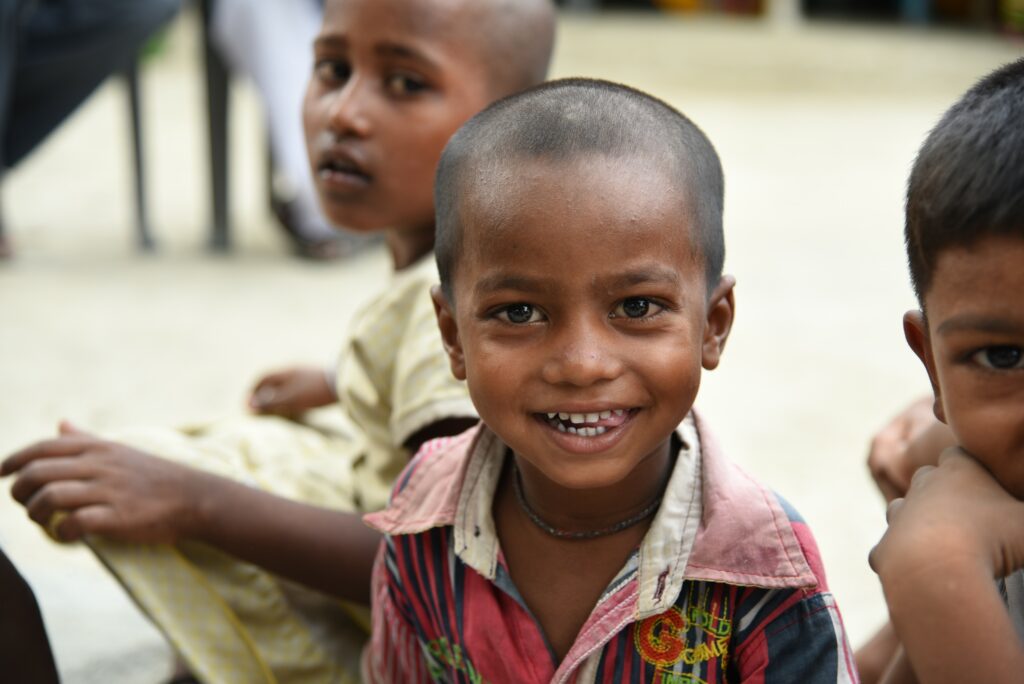
The Importance of Children’s Mental Health in Rural India
Summary/TL;DR on Mental Health in Rural IndiaMental health is crucial for children's overall well-being and development, especially regarding men....
Read MoreVaccination is one of the most powerful tools in modern public health. For child vaccination is not just a medical recommendation—it’s a life-saving intervention. In a country as vast and diverse as India, where public health challenges intersect with access and awareness gaps, ensuring that every child receives their recommended vaccines is essential.

From life-threatening diseases like polio and tuberculosis to newer viral threatschildhood immunization helps prevent long-term disability, reduce child mortality, and ease the burden on families and health systems alike. Understanding the vaccination schedule for infants in India, as well as for older children, can empower parents and caregivers to take proactive steps in safeguarding their child’s future.
Vaccination remains the most effective defense against diseases such as tuberculosis, polio, measles, diphtheria, and hepatitis B. These illnesses, once common and deadly, now pose a minimal threat in many regions of India thanks to consistent, large-scale immunization efforts. Every vaccinated child is one step closer to a disease-free society.
Child vaccination doesn't just protect individuals—it shields entire communities through herd immunity. This is especially important in densely populated or resource-limited areas where disease outbreaks can spread rapidly. India's government-backed initiatives like the Universal Immunization Programme (UIP) and Mission Indradhanush aim to achieve over 90% full immunization coverage, especially targeting high-risk and underserved populations.
Also Read: Vaccination Programs: Why They Matter in Underprivileged Children
Sticking to the correct vaccination timeline is key to effective immunity. Here's an overview of the childhood vaccine schedule as per national guidelines.
India’s Universal Immunization Program (UIP) includes vaccines that protect against 12 major diseases:
The Indian Academy of Pediatrics (IAP) also recommends additional vaccines such as
These are some of the most important vaccines for a child in India, offering comprehensive protection through all stages of early development.
Also Read: 8 Reasons Why Immunization Is Critical For Child Health
Missing a scheduled vaccine doesn't mean your child is unprotected forever. Government initiatives like Mission Indradhanush and Intensified Immunization Drives ensure that children who miss doses are reached through community health workers, mobile camps, and follow-up visits.
Also Read: Emotional Development
Organizations like CRY India work as facilitators, helping families understand vaccination schedules, supporting access in remote or underserved regions, and mobilizing local health resources in ensuring every child is reached.
These efforts help ensure that children from the most marginalized backgrounds receive their full immunization on time.
Following the vaccination schedule for infants in India and beyond is about long-term health, education, and equity. Here’s why it matters:
Strengthens national health systems through early disease tracking and control
Vaccines are the most cost-effective and impactful tools for public health. By adhering to the childhood vaccine schedule, families not only protect their children, but they also contribute to a healthier, more resilient India. With government programs like UIP and advocacy efforts from partners like CRY India, there’s hope for a future where every child receives timely, life-saving immunization, regardless of where they’re born. To learn more about how you can support better child health and ensure every child has a healthy start in life, visit CRY India’s child health initiatives.